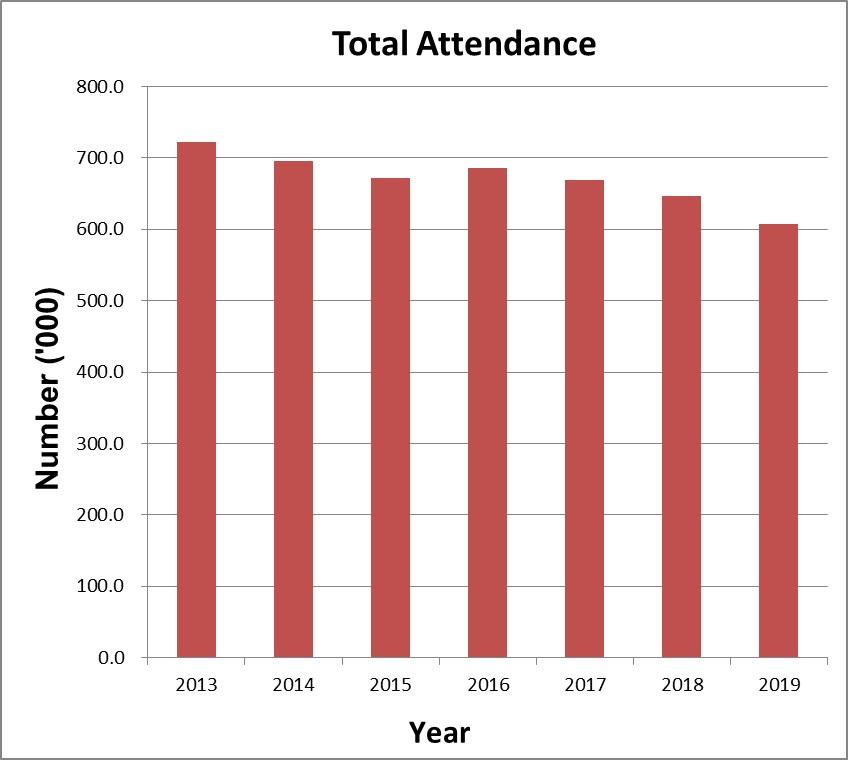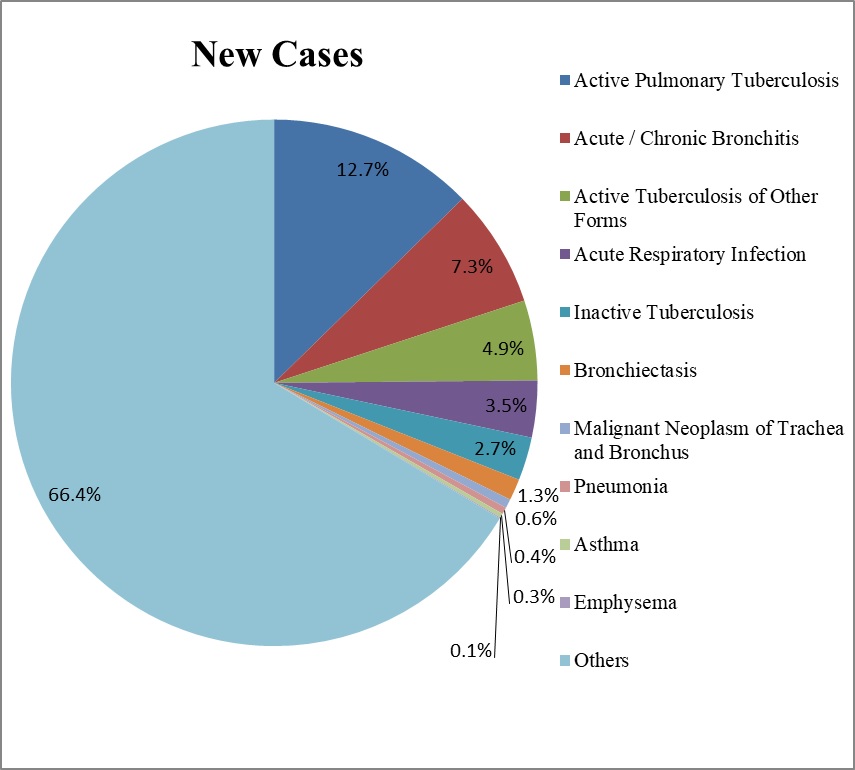|
|
| Home > Major public services for TB > Tuberculosis & Chest Service > Introduction |
Tuberculosis & Chest Service
Introduction
The Tuberculosis (TB) & Chest Service (The Service) plays a key role in the prevention and control of TB in Hong Kong, with focus on the surveillance of TB, case finding, directly observed TB treatment, BCG vaccination programme for those aged under 15, health education and TB research. In conjunction with improvement in socioeconomic conditions, these efforts have contributed to a general decline of TB notifications in the past few decades.
The Service operates 17 chest clinics throughout the territory, providing outpatient service primarily to patients suffering from TB. When there are symptoms suspicious of TB, like persistent cough for 3 to 4 weeks, blood in sputum, persistent fever, loss of weight and night sweating, medical attention should be sought from a primary care clinic, or attend any one of the chest clinics for consultation. A referral letter is highly recommended to facilitate triage and appointment booking. Free diagnostic and treatment services for TB are provided to Hong Kong citizens according to clinical needs. Great emphasis is placed on the use of directly observed treatment (DOT) for the control of TB.
The total attendance at chest clinics has increased from 408 500 in 2022 to 468 100 in 2023.

| Year | Total Attendance ('000) |
|---|---|
| 2011 | 731.4 |
| 2012 | 715.0 |
| 2013 | 722.5 |
| 2014 | 696.3 |
| 2015 | 672.6 |
| 2016 | 685.3 |
| 2017 | 669.5 |
| 2018 | 646.8 |
| 2019 | 607.5 |
New cases seen at the Service in the year 2019 included active pulmonary tuberculosis (12.7%), acute/chronic bronchitis (7.3%), active tuberculosis of other forms (4.9%), acute respiratory infection (3.5%), inactive tuberculosis (2.7%), bronchiectasis (1.3%), malignant neoplasm of trachea and bronchus (0.6%), pneumonia (0.4%), asthma (0.3%) and emphysema (0.1%).

The coverage of BCG vaccination for newborn babies has been persistently over 98% since 1980. Disseminated forms of TB in infants and young children are now rare. The local BCG revaccination programme for primary school children has been stopped from the school year 2000/01 onwards, which is in accordance with the WHO's updated statement and a review of the local situation.
The Service is responsible for the surveillance of TB in Hong Kong. It collects statistics on TB from notification forms, death certificates, and other surveillance programmes. Surveillance data are reported through various means including its Annual Report, medical bulletins, and the internet.
Various important public health activities on TB control are also carried out, including examination of close contacts of TB patients, defaulter tracing, and health education. Health talks are delivered to institutions like elderly homes and schools. The Service also carries out propaganda and health exhibition in relation to the World TB Day around March 24th every year in collaboration with the Hong Kong Tuberculosis, Chest and Heart Diseases Association and the Hospital Authority .
In addition, the Service runs two X-ray survey centres and the Pneumoconiosis Clinic, which performs pneumoconiosis compensation assessment and offers other health care services for pneumoconiotic patients.
The Service also conducts research on TB and related chest diseases.

